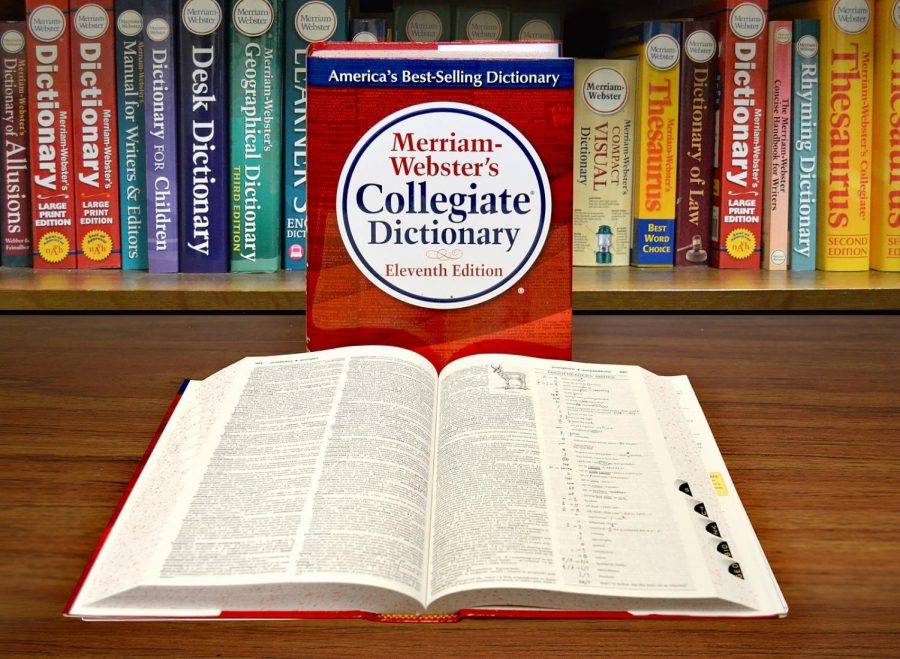
Merriam-Webster Inc. announced an update for its dictionary on Oct. 27, adding 455 new words from pop culture, technology, politics and food. Terms related to the COVID-19 pandemic were also included in the updated version.
Some new added words include “dad bod,” to describe the physique of an average father that is typically overweight and not muscular; “TBH,” shorthand for “to be honest;” “amirite,” slang used in writing for “am I right;” and “digital nomad,” a person that performs their work exclusively over the internet while traveling.
“We are all encountering changes in work, public policy and healthcare, as well as how we communicate online,” Peter Sokolowski, editor at large at Merriam-Webster, said in a press release. “It’s not surprising that these changes are reflected in the dictionary.”
The previous update in January 2021 added 520 new words, including “ASMR” and “silver fox.”
According to an FAQ page, words get added to the dictionary based on its usage and a special process.
The company calls this process “reading and marking,” which means that the Merriam-Webster editors read published materials, including books and newspapers, looking for new words, new meanings and spellings of existent words that can help determine common usage.
Citations are created including the word, its definition within the reading and the source’s bibliographic information, which dictionary editors review. If a word is cited by multiple publications, it is added to a dictionary with enough space to admit new words.
Words related to COVID-19 that were added include “breakthrough,” a fully-vaccinated person becoming infected with a viral disease; “vaccine passport,” a physical or digital document to prove inoculation; and “super-spreader,” an event or location attended by a significant number of people who contract the same communicable disease.
New added Spanish loan words include “horchata,” a nut or rice-based beverage and “chicharron,” fried pork belly.
Words with an additional definition or spelling include “astroturf,” a political campaign or movement that appears to be funded or led by grassroots organizations but is led by the powerful and “because,” used as a preposition to convey vagueness.
A new word with multiple definitions is “small ball,” which could mean an offensive strategy in baseball where at bats advance the runners into scoring position; a lineup strategy in basketball that favors players with agility and speed over height and strength; or achieving a goal by taking small steps or addressing small matters.
No comments:
Post a Comment